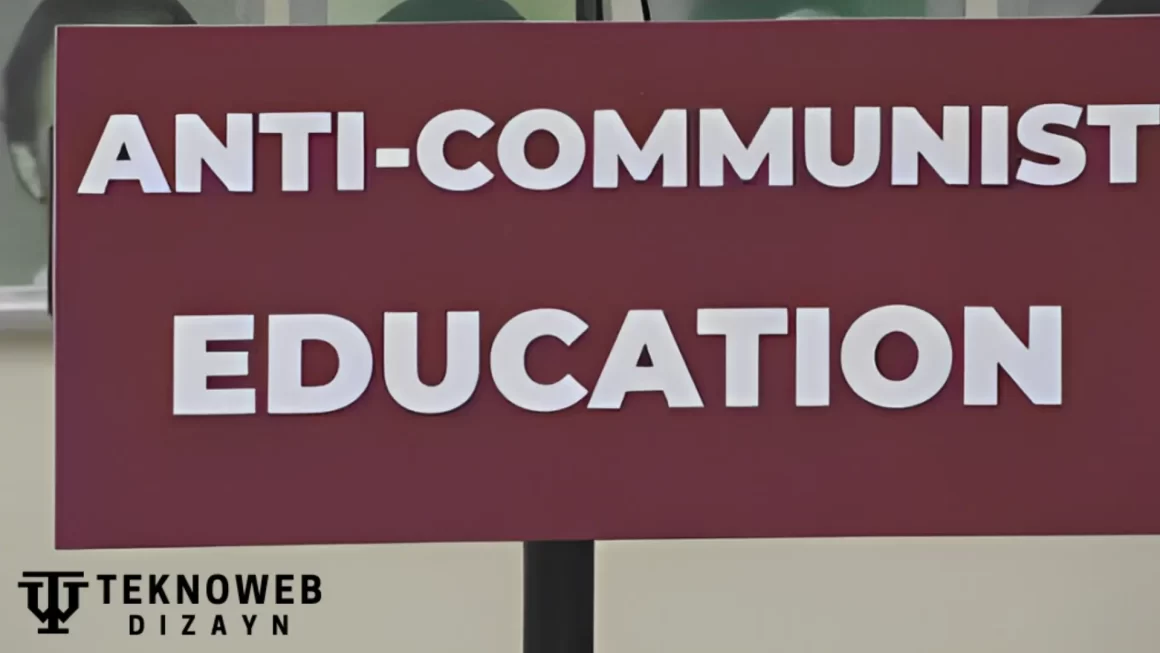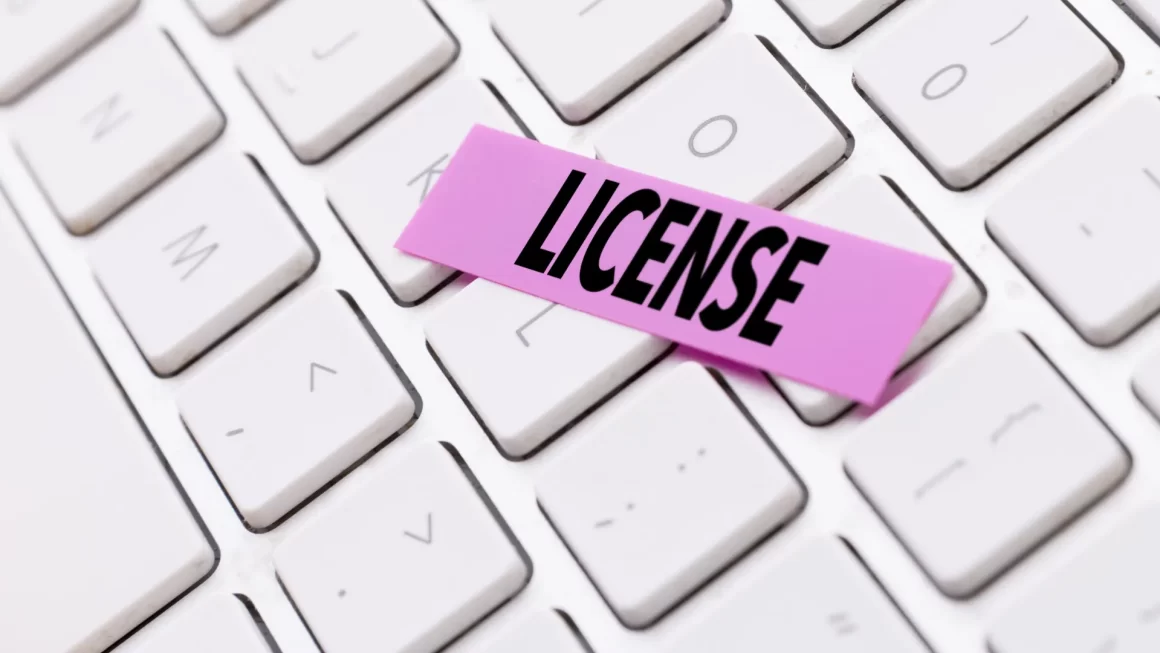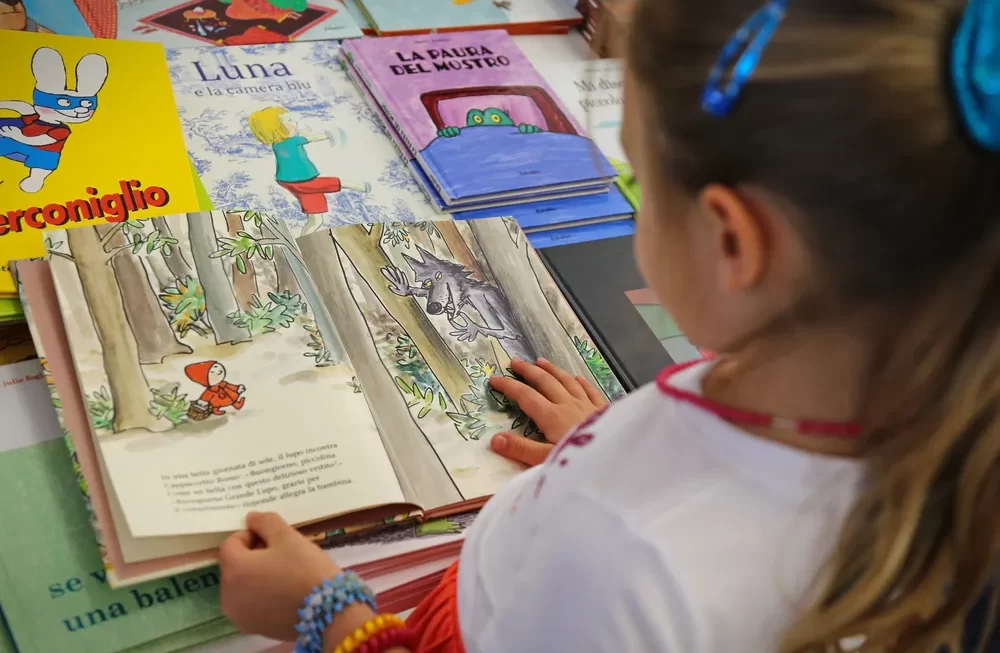Table of Contents
In today’s world, education shapes our beliefs, values, and perceptions. One area that has sparked intense debate is anti-Communist education. This form of education aims to counter the spread of communist ideology by exposing its flaws and dangers. But what is the hidden truth behind anti-Communist education that they don’t want you to know? In this article, we will dive deep into the concept, its origins, its impact, and why it remains a controversial yet significant topic in our society.
What is Anti Communist Education?

Anti Communist Education refers to a curriculum or set of teachings designed to criticize and counter the principles of communism. This form of education often highlights the failures of communist regimes, emphasizing the negative impact of such systems on freedom, democracy, and economic growth. It seeks to inform and warn students about the dangers of communism, often portraying it as an oppressive and authoritarian ideology.
The Origins of Anti-Communist Education
The roots of Anti-Communist Education can be traced back to the Cold War era when the world was divided between capitalist and communist ideologies. During this period, Western countries, particularly the United States, developed educational programs to combat the spread of communism. These programs were not only a response to the political climate but also a means to promote capitalist values and defend democratic principles.
Key Elements of Anti-Communist Education
Anti Communist Education typically includes the following elements:
- Historical Context: Students learn about the rise of communist regimes, such as the Soviet Union, China, and North Korea. The focus is on how these regimes gained power and the consequences of their rule.
- Economic Analysis: This aspect emphasizes the financial failures of communist systems, highlighting issues like shortages, inefficiency, and lack of innovation.
- Human Rights Violations: A significant portion of Anti Communist Education focuses on the human rights abuses committed by communist governments, including censorship, persecution, and forced labour camps.
- Comparative Ideology: Students are encouraged to compare communism with other ideologies, particularly capitalism, to understand the differences in values, governance, and outcomes.
Florida Schools to Introduce Anti-Communist Curriculum
In Florida schools, a new anti-communist education approach has been set to make students learn about the evils of communism. When Desantis signed the bill on the 63rd anniversary of the Bay of Pigs Invasion, he emphasized teaching the history of communism and anti-communism in a way that is both appropriate and developmentally appropriate for students.
This new bill requiring communism lessons aims to cover key topics such as the history of communism in the United States, the Bay of Pigs invasion, and the attempt to overthrow Fidel Castro. Ron Desantis signed a bill for Florida students to learn about the victims of communism and understand the truth
about the evils and atrocities of communist regimes that have affected many lives, including those in Latin America. Desantis said at a press conference in Hialeah that this is an essential fight against communism, especially with the increasing threat of communism in modern times.
Desantis Signs Bill to Educate Students on Communism’s Impact
The curriculum, introduced under SB 1264, will ensure that grade levels from kindergarteners to high school students receive an age-appropriate education on the topic. It will also provide specific lessons on communism in high-school social studies and a seventh-grade civics and government course.
For example, Florida students will learn about the domestic communist movements and the impact of communist tyranny through various civics and government courses. To honour the victims, instruction on “victims of communism will be mandatory, and graduation also includes 45 minutes of dedicated learning each year.
This move aims to tell the truth about communism and educate about communism’s atrocities, helping students understand the battle that is happening right now against these ideologies. As Desantis said, “We’re going to tell” the real story, providing minutes of instruction on “victims of these harsh regimes and honouring the efforts of the Bay of Pigs veterans.
The Controversy Surrounding Anti-Communist Education
While anti-communist education has its supporters, it is not without controversy. Critics argue that it can be biased, promoting one ideology over another. They claim that anti-communist education may oversimplify complex historical and political issues, leading to a one-sided view of communism.
Accusations of Propaganda
One of the most significant criticisms of anti-Communist education is that it can act as propaganda. By focusing solely on the negative aspects of communism, these educational programs may ignore or downplay the positive contributions of socialist policies, such as social welfare programs and workers’ rights. Critics argue that this approach can create a skewed understanding of history and political systems.
The Role of Bias in Education
Education is meant to inform and enlighten, but bias can distort the truth when it seeps into the curriculum. Anti-communist education may be used to justify specific political agendas, particularly in capitalist societies. This has led to debates about the role of bias in education and the importance of presenting balanced perspectives.
The Impact of Anti-Communist Education on Society
Anti-communist education has had a lasting impact on how people perceive communism and socialism. In countries where this education is prevalent, there is often a solid aversion to communist ideals. This can influence voting behaviour, public policy, and even international relations.
Shaping Public Opinion
Through Anti Communist Education, generations of students have been taught to view communism with suspicion and fear. This has contributed to a general mistrust of socialist policies, even in countries where such policies might be beneficial. The impact of this education extends beyond the classroom, shaping public opinion and political discourse.
The Role of Media and Popular Culture
The influence of anti-communist education is not limited to schools. Media and popular culture have also played a role in reinforcing anti-communist sentiments. Films, books, and news outlets often depict communism as a threat to freedom and democracy, further cementing the lessons learned in school.
Also Read: What are arborist education requirements? Discover the Path to Success
Why Anti-Communist Education Still Matters Today
Even though the Cold War has ended, anti-communicated education remains relevant. In a world where different ideologies still compete for dominance, many see educating people about the potential dangers of communism as essential.
The Rise of New Ideological Threats
With the rise of authoritarianism and populism in various parts of the world, the principles of anti-communist education are being revisited. Educators and policymakers argue that understanding the history and failures of communism can help prevent the rise of similar ideologies in the future.
Preserving Democratic Values
At its core, anti-communist education is about preserving the values of democracy, freedom, and individual rights. This education seeks to protect these fundamental principles by educating people about the dangers of oppressive ideologies.
By understanding the origins, elements, and impact of anti-Communist education, we can better appreciate its significance in today’s world. As we navigate the complexities of modern politics, the lessons learned from anti-Communist education remain as relevant as ever.




